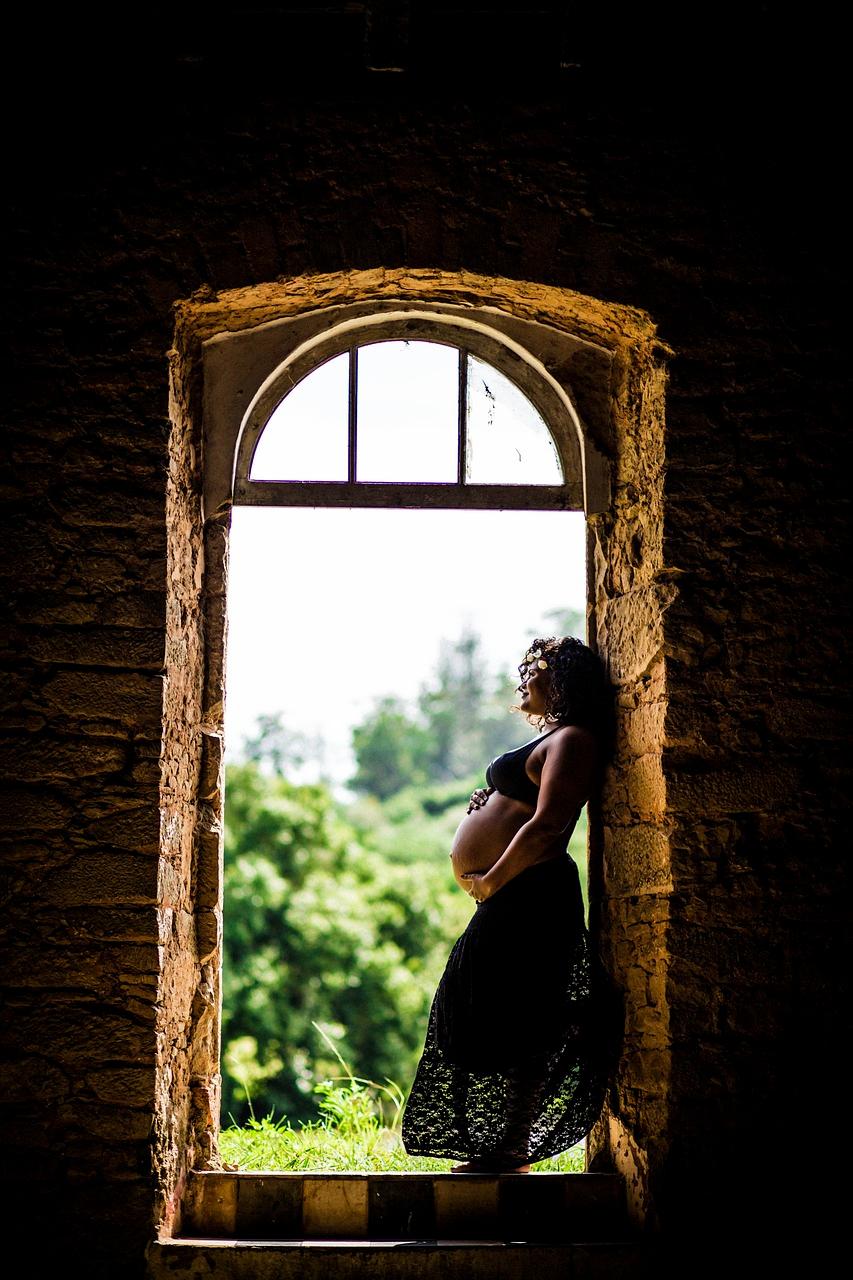One of the common concerns for women in early pregnancy is the drop in progesterone levels. Progesterone, often referred to as the pregnancy hormone, plays a crucial role in maintaining the uterine lining and supporting a healthy pregnancy. However, when progesterone levels decline prematurely, it can lead to various complications.
Causes of Progesterone Drop in Early Pregnancy
One possible reason for the drop in progesterone levels during early pregnancy is premature luteolysis. This occurs when the corpus luteum, which is responsible for producing progesterone, stops functioning earlier than it should. As a result, progesterone levels decrease, impacting the ability to sustain a pregnancy.
Impact of Premature Luteolysis
When premature luteolysis occurs, the luteal phase, which is essential for supporting early pregnancy, may be shortened. This can lead to inadequate progesterone levels, potentially affecting the implantation of the fertilized egg and increasing the risk of miscarriage.
Signs and Symptoms of Low Progesterone
Low progesterone levels in early pregnancy can manifest through various symptoms, including spotting or bleeding, abdominal cramps, and a decrease in breast tenderness. These signs may indicate a hormonal imbalance that needs to be addressed promptly.
Diagnosing Progesterone Deficiency
If you suspect that your progesterone levels are dropping in early pregnancy, it is crucial to consult with your healthcare provider. They can perform blood tests to measure your progesterone levels and assess whether intervention is necessary to support a healthy pregnancy.
Treatment Options for Low Progesterone
Depending on the severity of the progesterone deficiency, your healthcare provider may recommend supplementation to boost progesterone levels. This can involve the use of progesterone injections, vaginal suppositories, or oral medications to support the pregnancy.
Preventing Recurrent Progesterone Drops
To prevent recurrent drops in progesterone levels during early pregnancy, it is essential to address any underlying issues that may be contributing to hormonal imbalances. This can include optimizing your overall health, managing stress levels, and ensuring adequate nutrition.
Risks of Untreated Progesterone Deficiency
Untreated progesterone deficiency in early pregnancy can pose risks not only to the current pregnancy but also to future pregnancies. Addressing hormonal imbalances promptly can help reduce the likelihood of complications and support a healthy pregnancy outcome.
Consulting with a Specialist
If you have concerns about dropping progesterone levels in early pregnancy, it is advisable to seek guidance from a reproductive endocrinologist or fertility specialist. These experts can offer specialized care and treatment options to address hormonal issues and support your journey to parenthood.
Emotional Impact of Hormonal Changes
Experiencing fluctuations in hormone levels during early pregnancy can also have an emotional impact. It is essential to seek support from loved ones, healthcare providers, or mental health professionals to navigate the challenges associated with hormonal changes and pregnancy complications.
Conclusion: Navigating Progesterone Drops in Early Pregnancy
In summary, the drop in progesterone levels during early pregnancy can be attributed to factors such as premature luteolysis. Understanding the causes, symptoms, and treatment options for progesterone deficiency is crucial for ensuring a healthy pregnancy outcome. By staying informed and seeking appropriate medical care, you can address hormonal imbalances and support a successful pregnancy journey.

